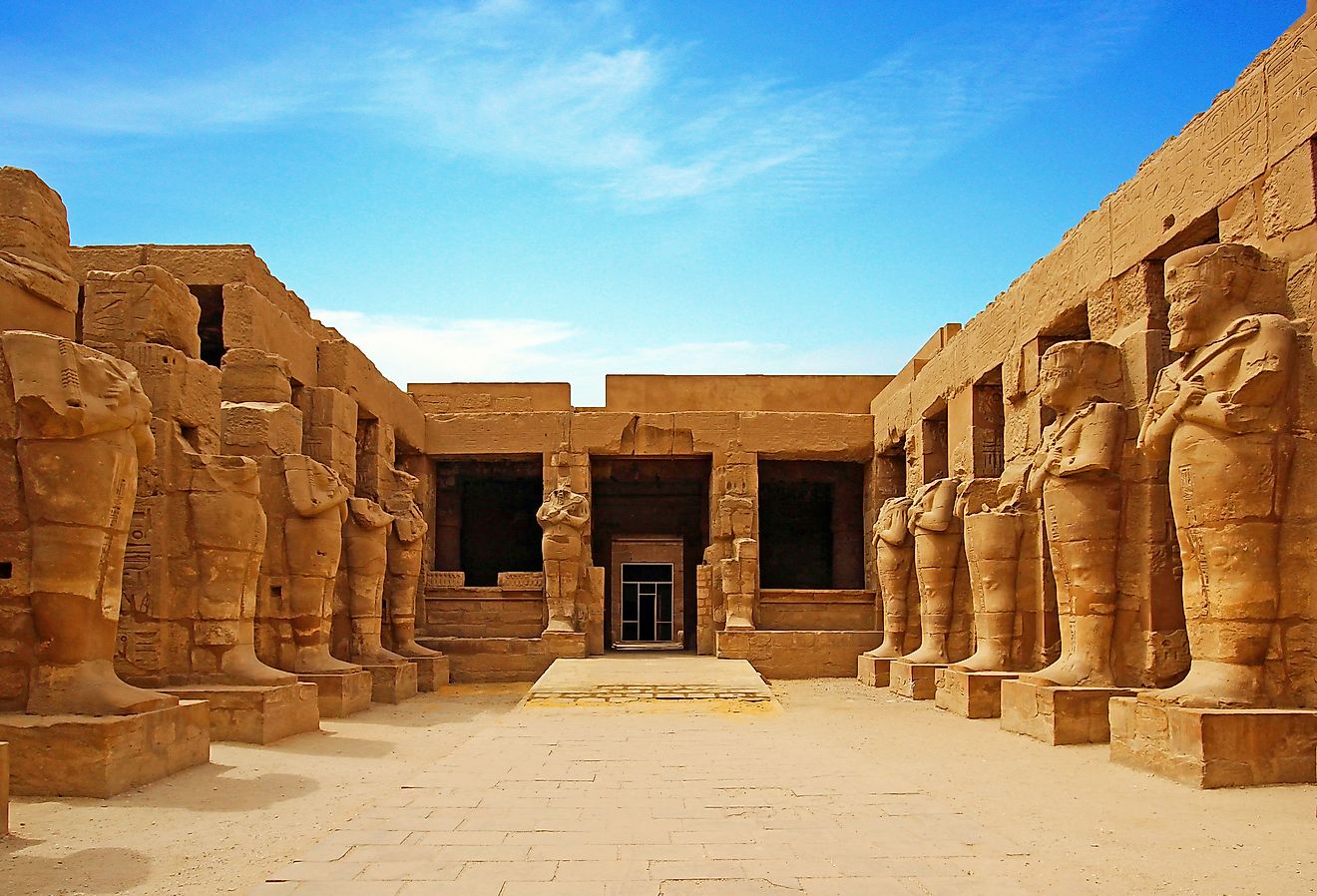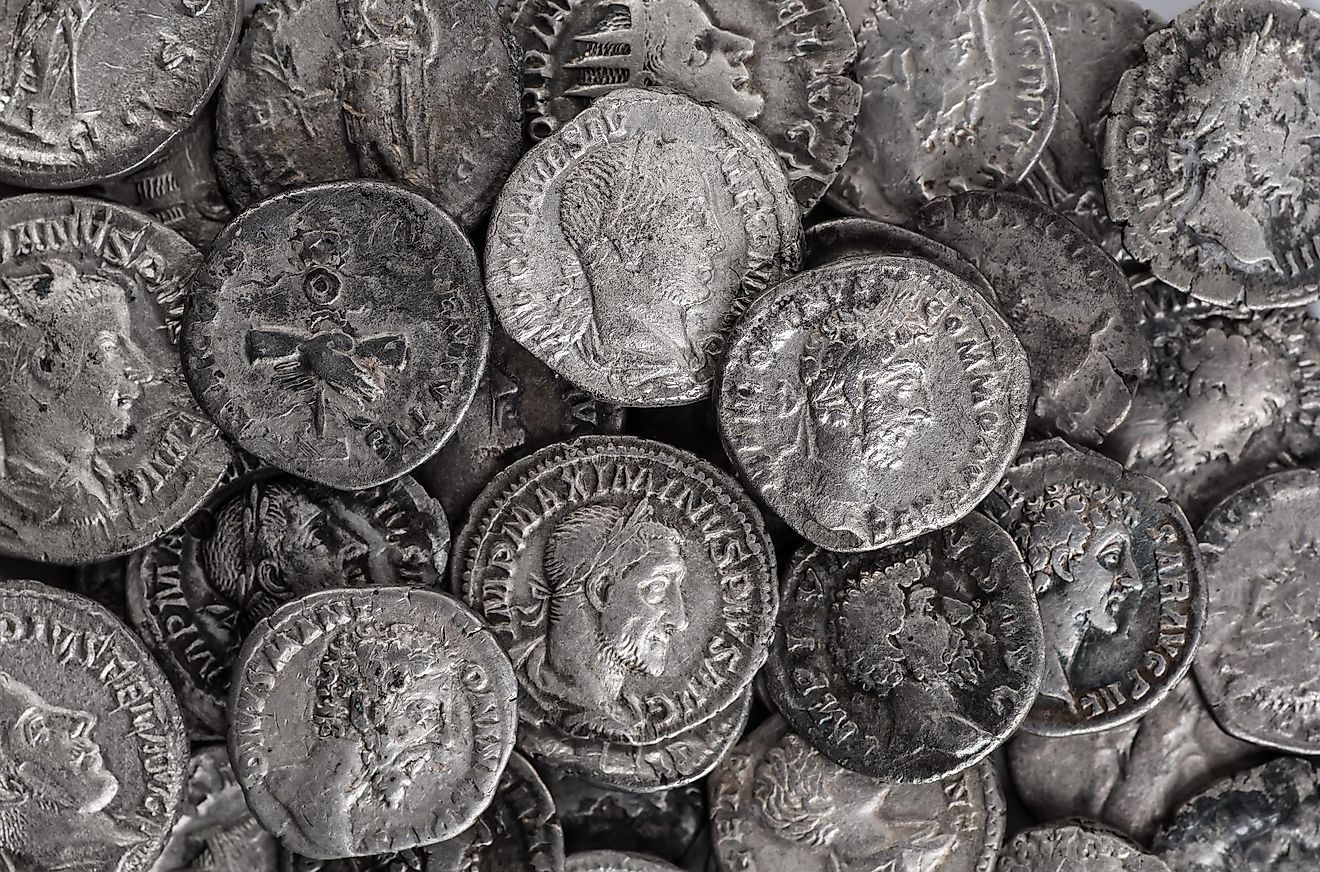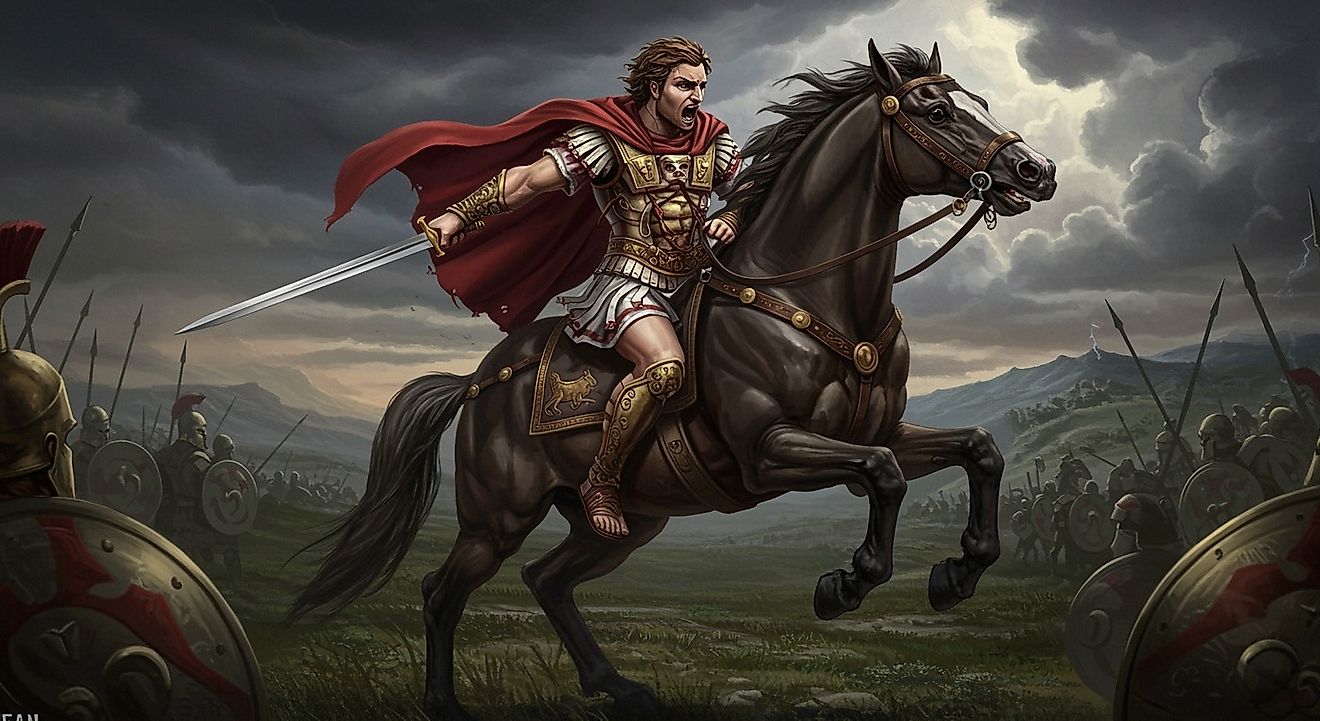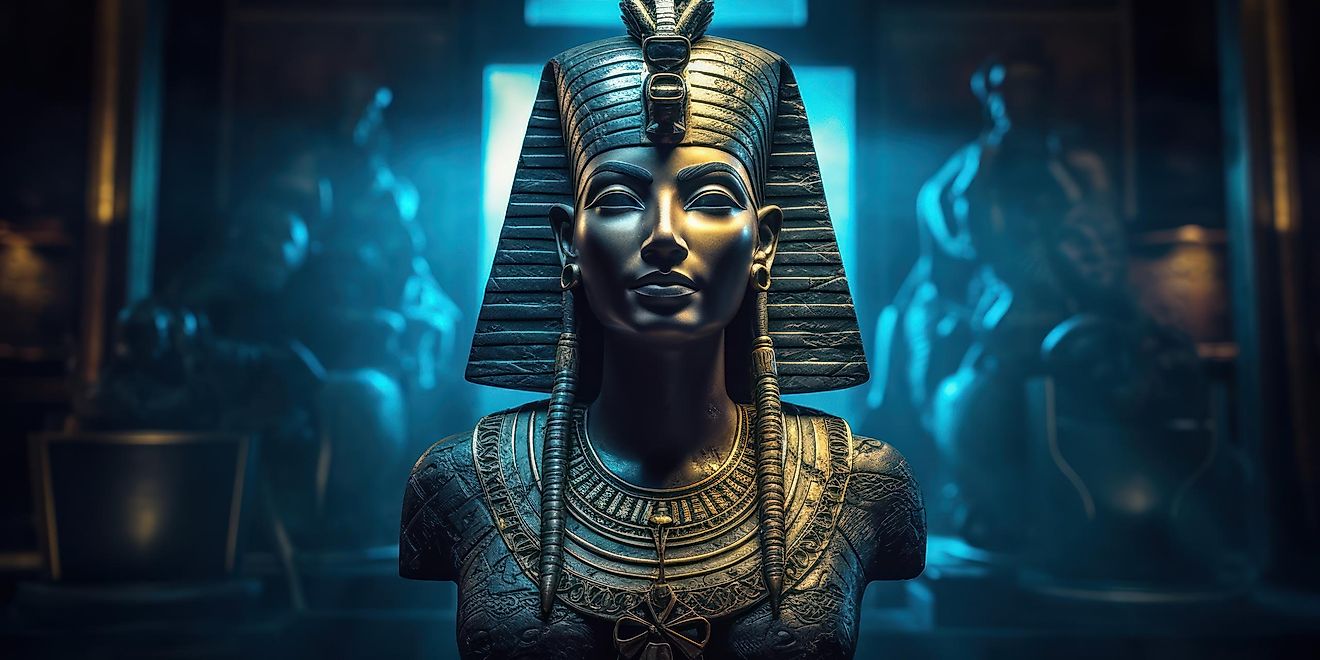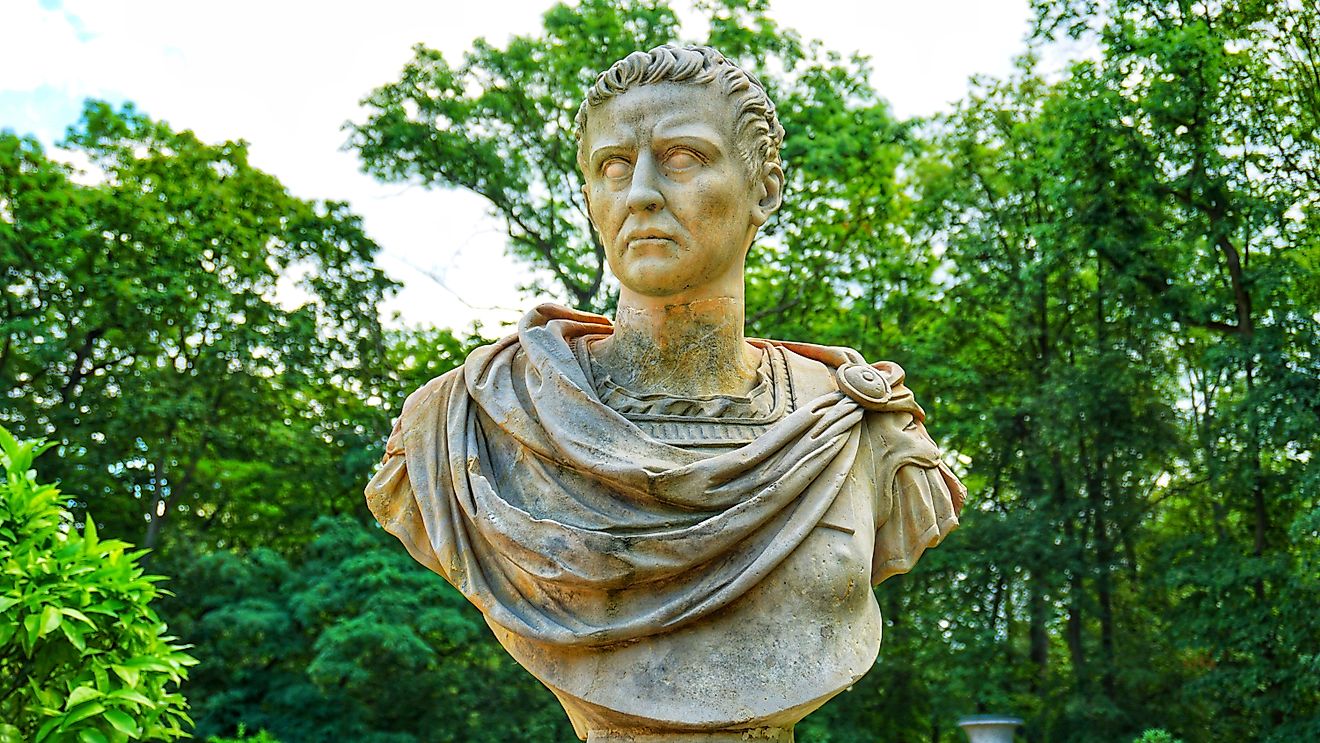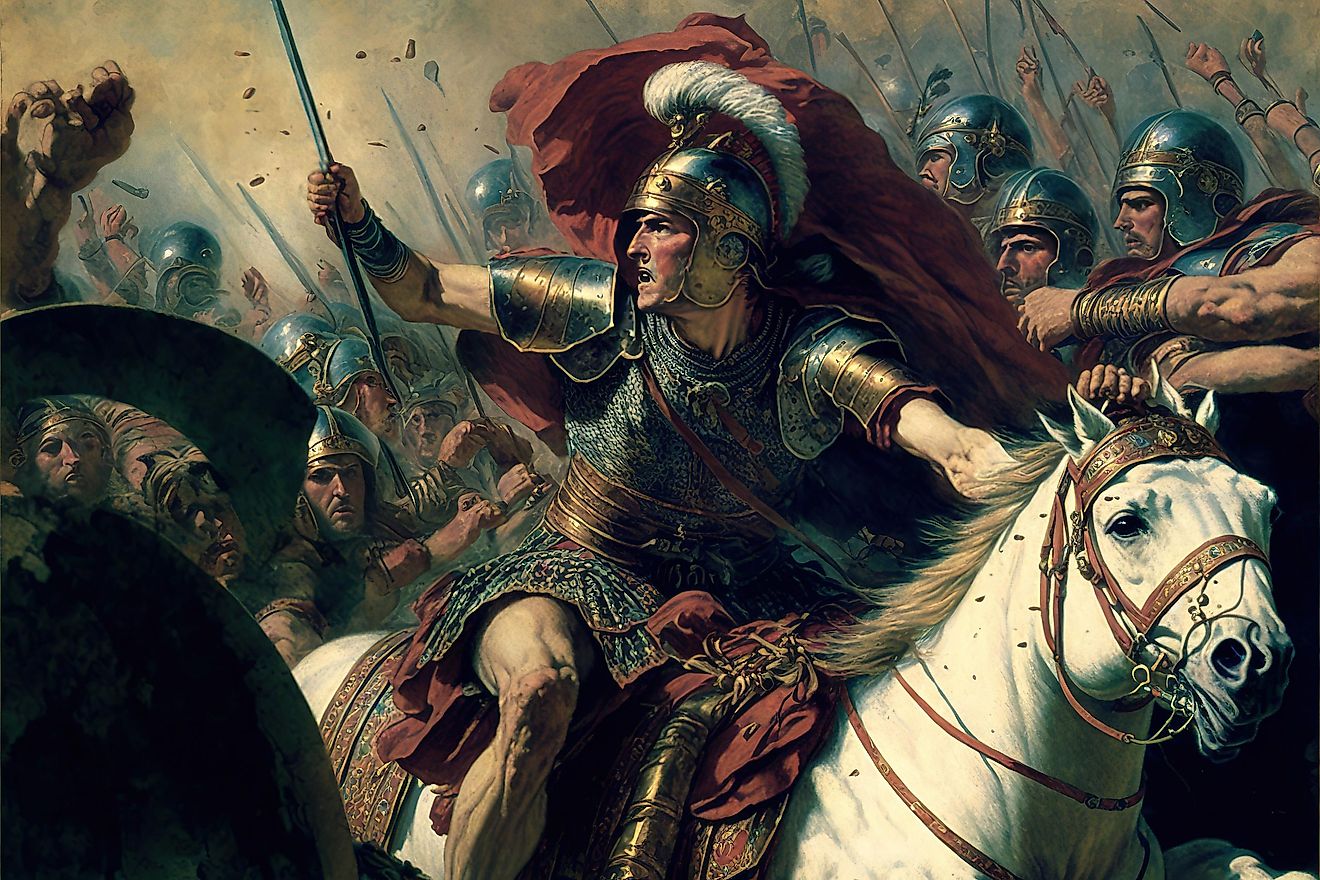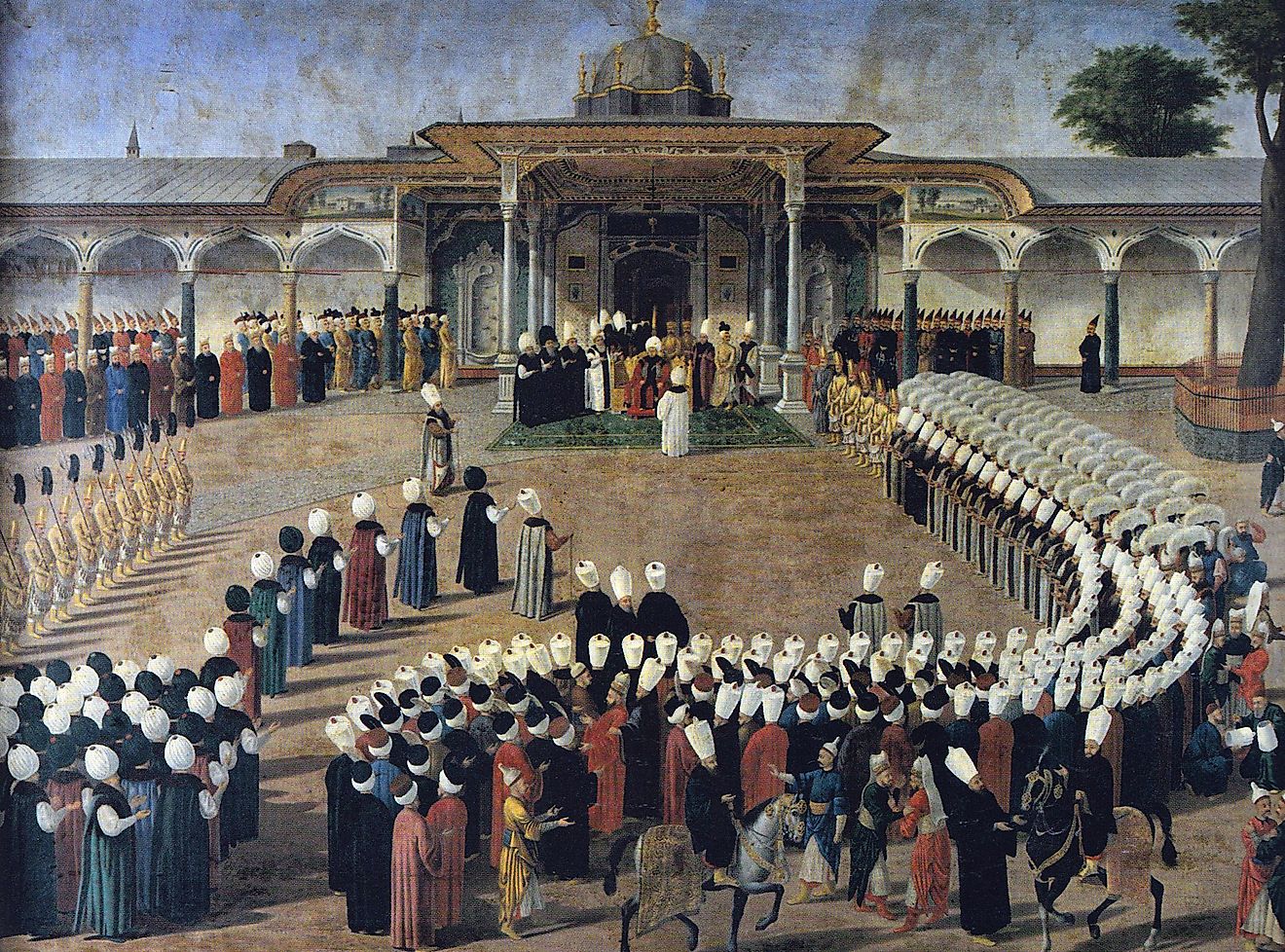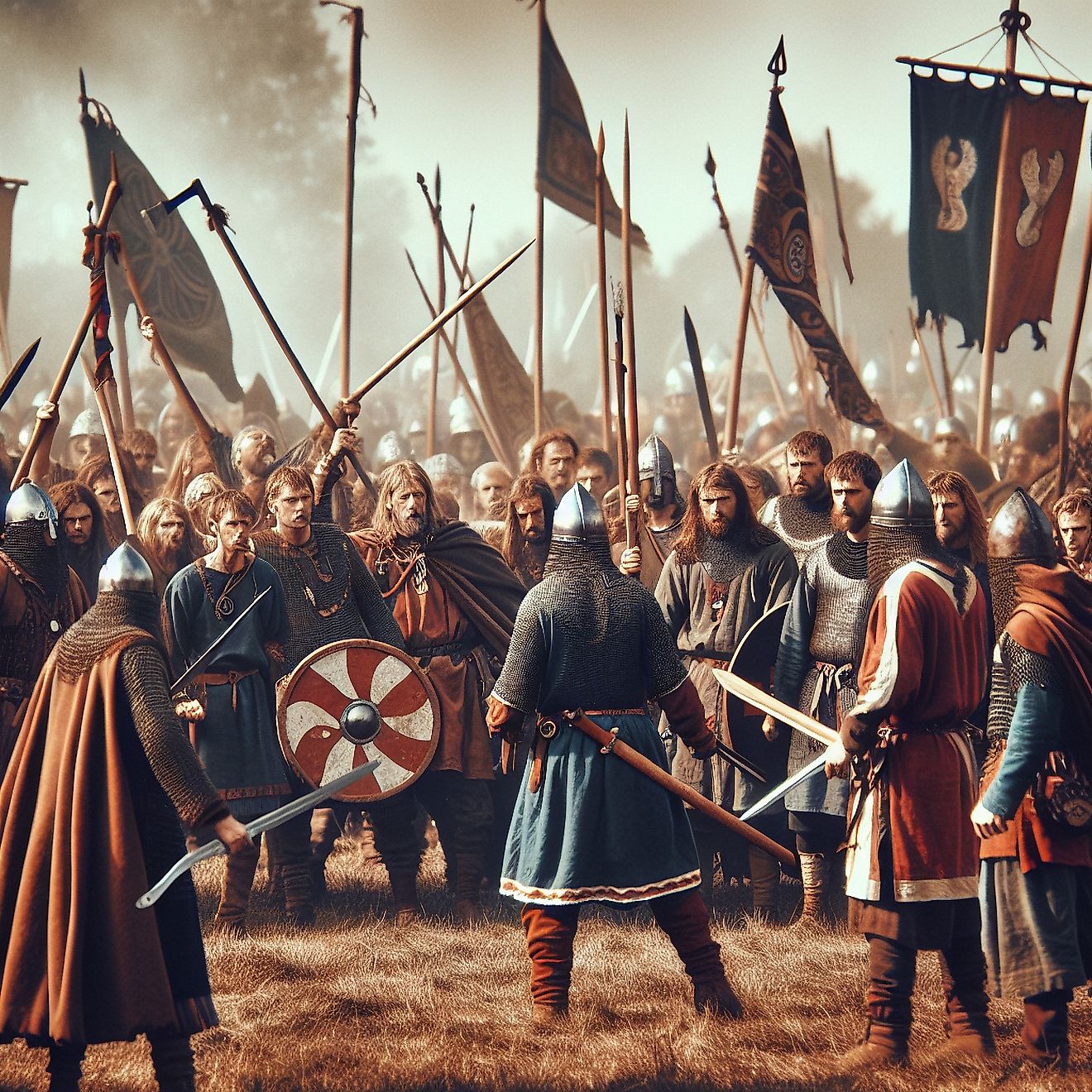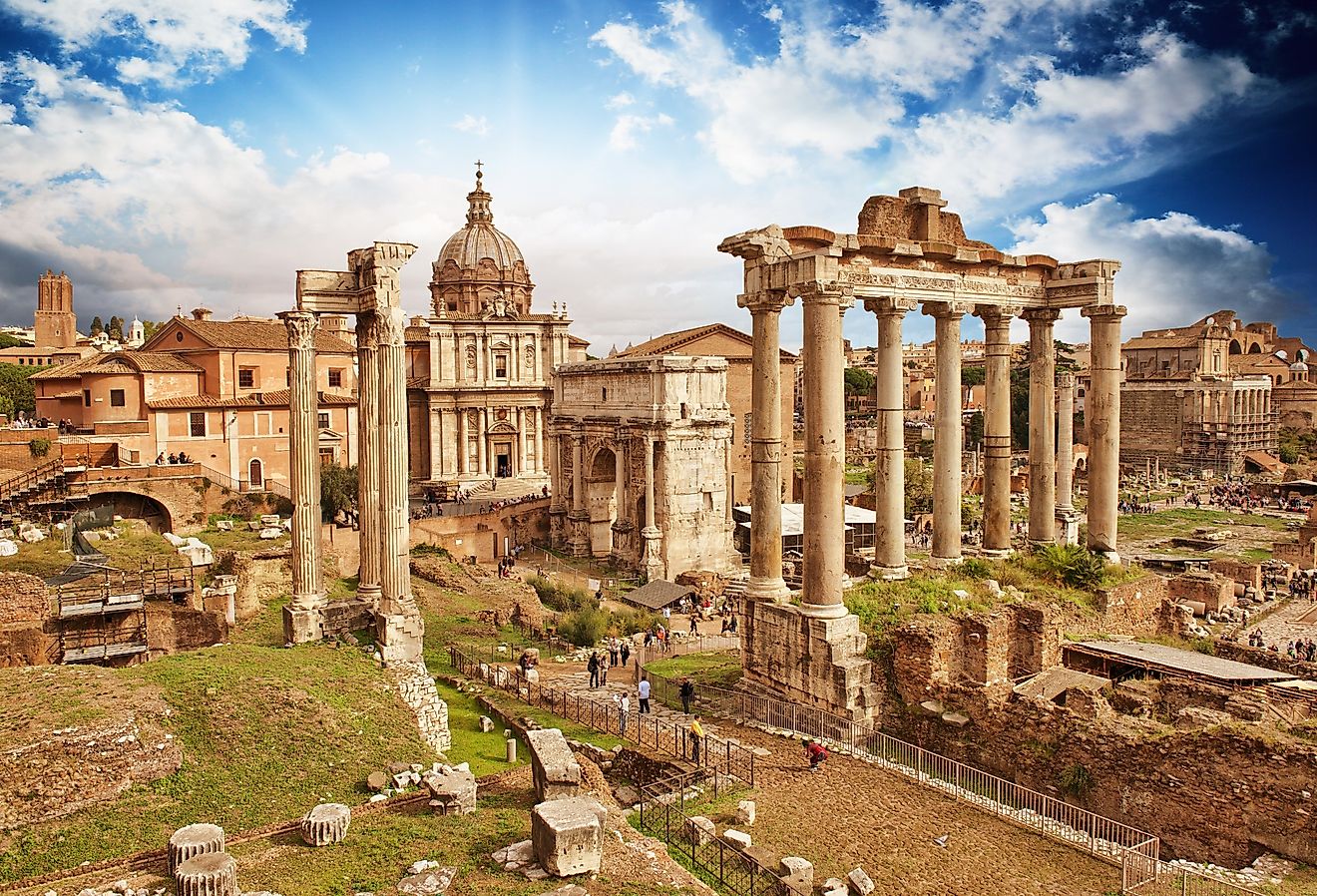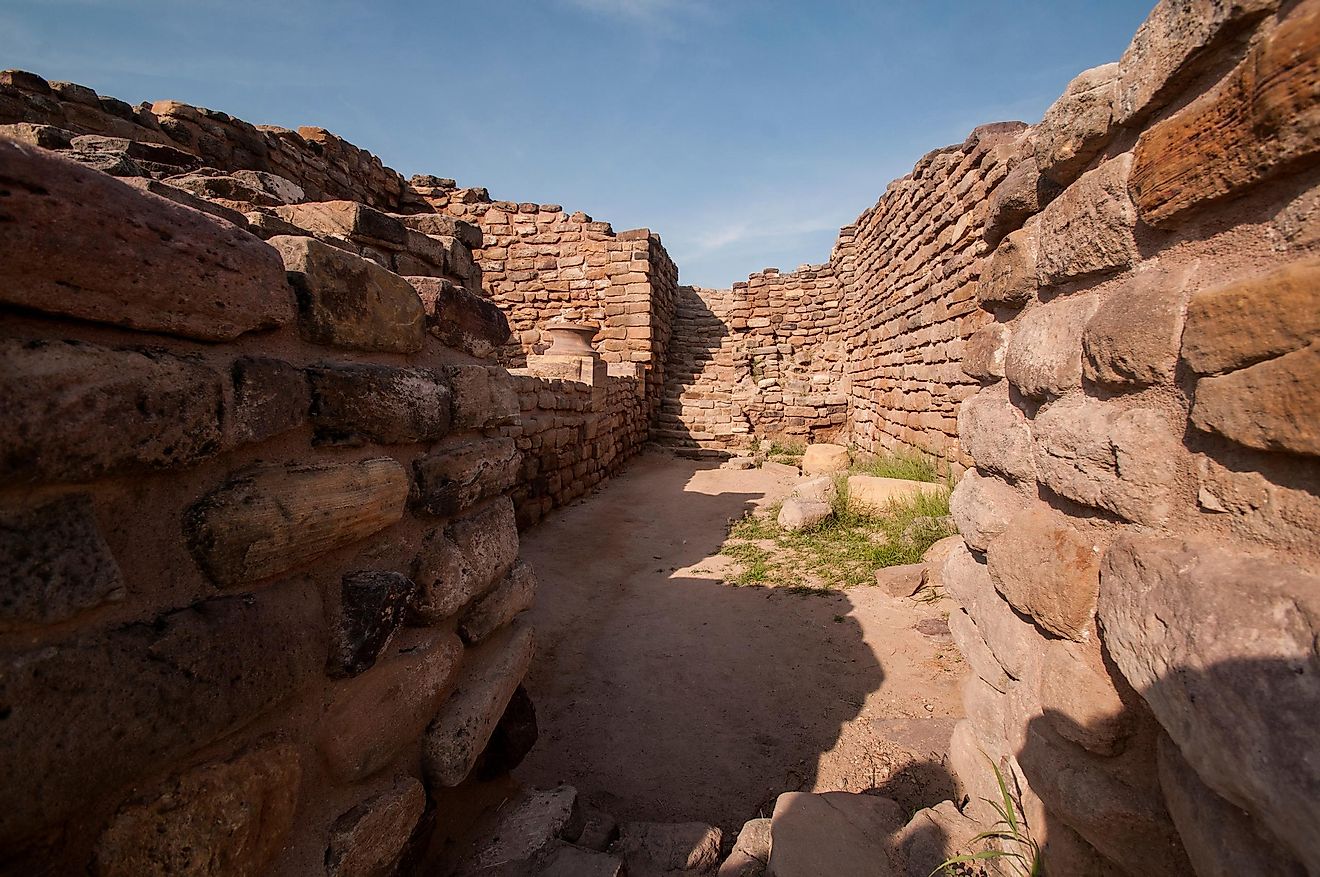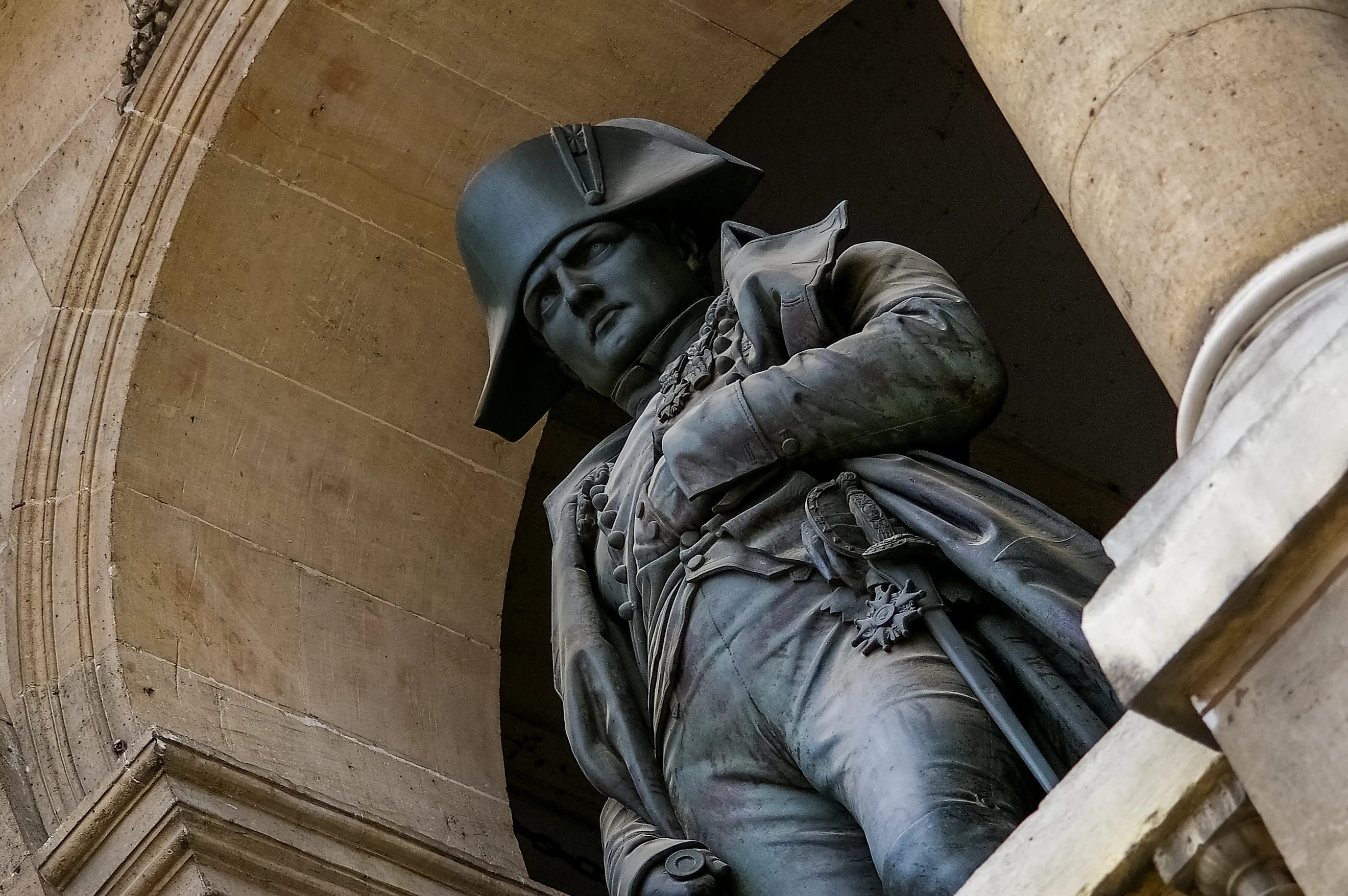
Was Napoleon Bonaparte a Hero or Tyrant?
An administrator gifted from the heavens or a tyrant cast out of the underworld? Modern examinations of the morality of historical figures, such as the great military leader Napoleon Bonaparte, present a unique challenge for scholars. Napoleon brought positive changes to France but remained steeped in questionable policy. Presented below is a discussion of Napoleon's heroic and tyrannical endeavors - should Napoleon be thought of as a hero or tyrant?
The Good
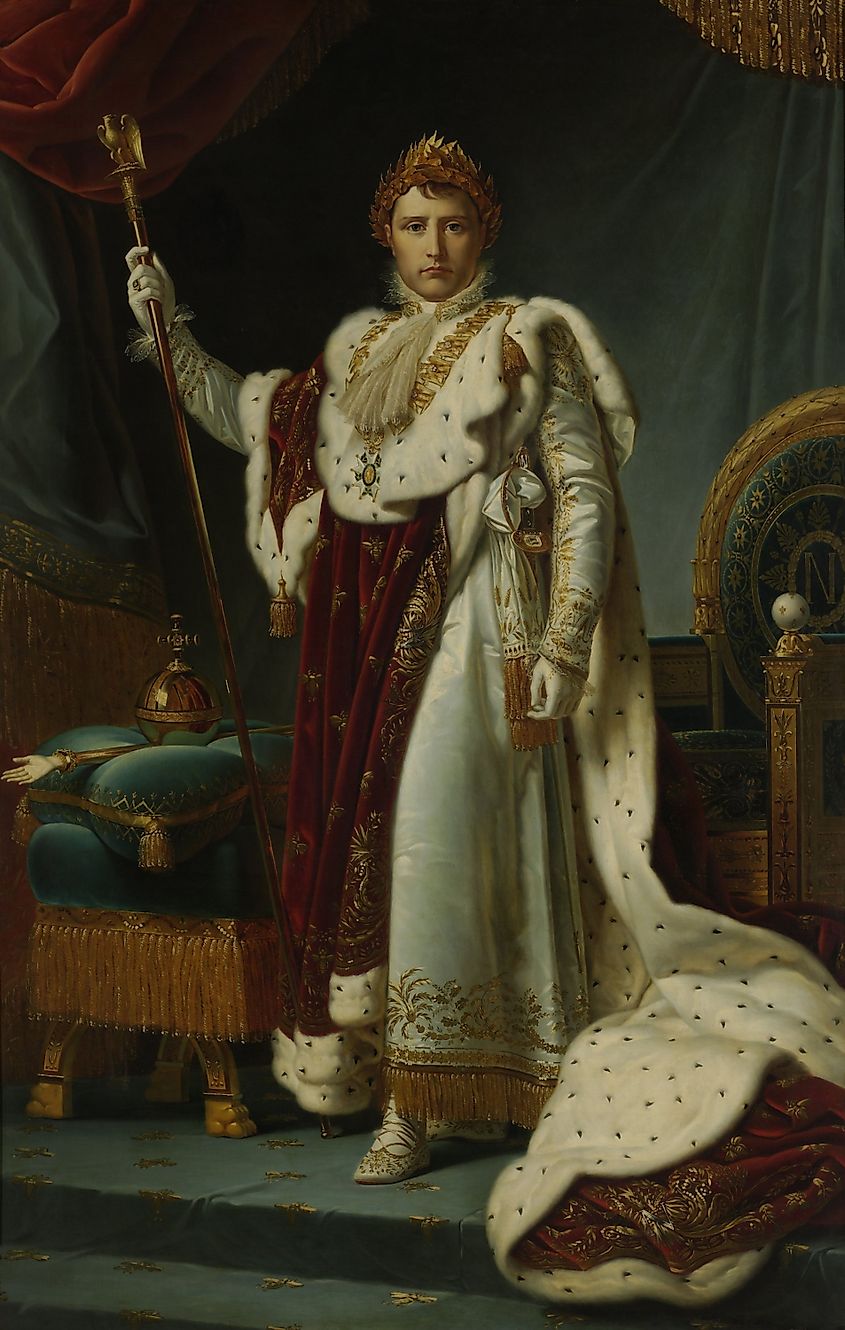
Napoleon implemented various positive reforms, many of which still survive today. He centralized France's governmental administration, invested in and improved infrastructure, reformed higher education, and stabilized France's economy. By creating the Napoleonic Code in 1804, Napoleon effectively abolished feudal laws and ensured equality for French citizens. The Civil Code influenced the legal systems of other countries outside of Europe, and today, it still serves as the basis for France's modern legal system. Napoleon also encouraged scientific research; for example, during the French Campaign in Egypt, over 150 scientists and scholars accompanied the soldiers and were tasked with investigating Egyptian history and topography. The French Campaign in Egypt eventually led to the discovery of the Rosetta Stone.
Napoleon is widely celebrated for his military prowess. With 52 wins on behalf of French forces, few other leaders inspired as much respect in their countrymen and fear in their enemies. That aura of victory came after shifting alliances brought hordes of enemies to the French doorstep: monarchies of other nations were threatened by the success of the French Revolution and moved to put an end to the movement. Therefore, the first battles of Napoleon’s campaign were ones of national defense. It is understandable why Napoleon holds such high honor today in French society; he empowered the French people, instituted various positive reforms, and routinely led France to victory.
The Bad
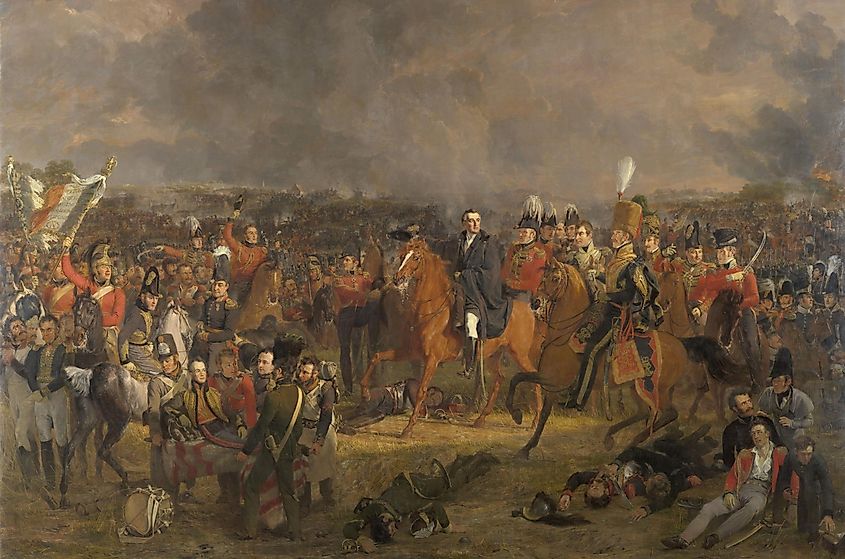
Not all of Napoleon’s actions were altruistic and beneficial to the French people. The Nepoleonic Code frequently neglected women's rights. Elisabeth Moreno, the French Equality Minister, declared him to be “one of the biggest misogynists to walk the earth” due to his antiquated patriarchal laws regarding the subservience of wives to their husbands. Another often neglected perspective is that Napoleon re-established slavery in 1802, after gaining back the island of Martinique, despite its abolishment during the French Revolution 8 years earlier.
Napoleon crowned himself Emperor in 1804 after performing a coup d’état in 1799, thus becoming the very monarch the French Revolution fought to remove. Napoleon's ambitions spread his forces thin; he lost the Battle of Paris in March of 1814, resulting in his forced abdication and exile to the island of Elba in April of the same year. Napoleon returned to France in early 1815, and again, reestablished himself as Emperor, only to lose the title following his defeat at the Battle of Waterloo in April. Napoleon’s successes came at the cost of immense destruction and countless deaths. Potentially 6 million people died due to the overextension of his armies with millions left wounded.
The coup had left the loyalty of citizens split, meaning that while he focused on invading nations elsewhere, domestic problems constantly threatened the state of the country. He was overcome by a desire for glory and to replicate Julius Caesar. He often used his position as Emperor to reward his followers and enrich his family - a universal behavior of tyrants.
The Judgment
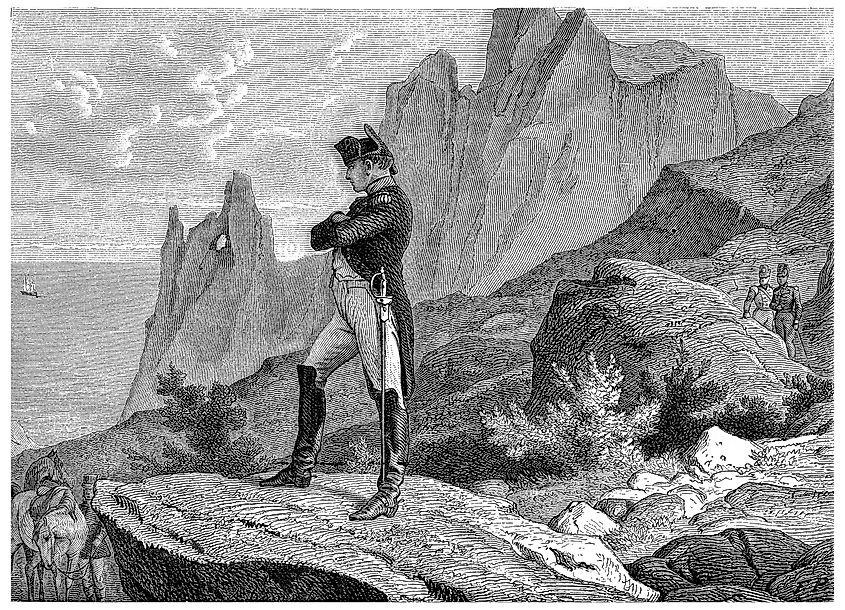
It remains challenging to determine whether Napoleon was a hero or a tyrant. If he had never existed, invading forces could have wiped France off the map, aided by French domestic instability following the French Revolution. However, considering that the image of “hero” has been a consistent archetype of selflessness and humility, such as the figures of Odysseus and Beowulf, it is hard to see Napoleon as someone worth praising. Although it is a bit mundane, he was undeniably human and consumed by his own interests while riding on the opportunities that his intelligence and circumstance created. His refusal to follow through on the humanitarian principles of the French Revolution, and his ethical neglect of women and slaves, reveal a condemning lack of introspection regardless of the era. The abolitionist message had spread world-over by this time, disabling any claims of ignorance.
Therefore, it is evident that Napoleon was simply a tyrant who cloaked himself in the needs of the people. Instilling loyalty for the sake of a transactional rise to power is a move found commonly in mafias offering support to adjacent communities, which conceals their misdeeds. Napoleon’s moral compass, or lack thereof, is no different. A more nuanced look might condemn the surrounding populace for allowing this man to rise to power (and regain it despite past abuses) in the first place. Tyrants, after all, are symptoms of a country that enables them to grasp power in the first place, however deceptively. Albeit, the shame rests more on the shoulders of contemporary authorities who, at the very least, eventually displaced Napoleon from his throne.
